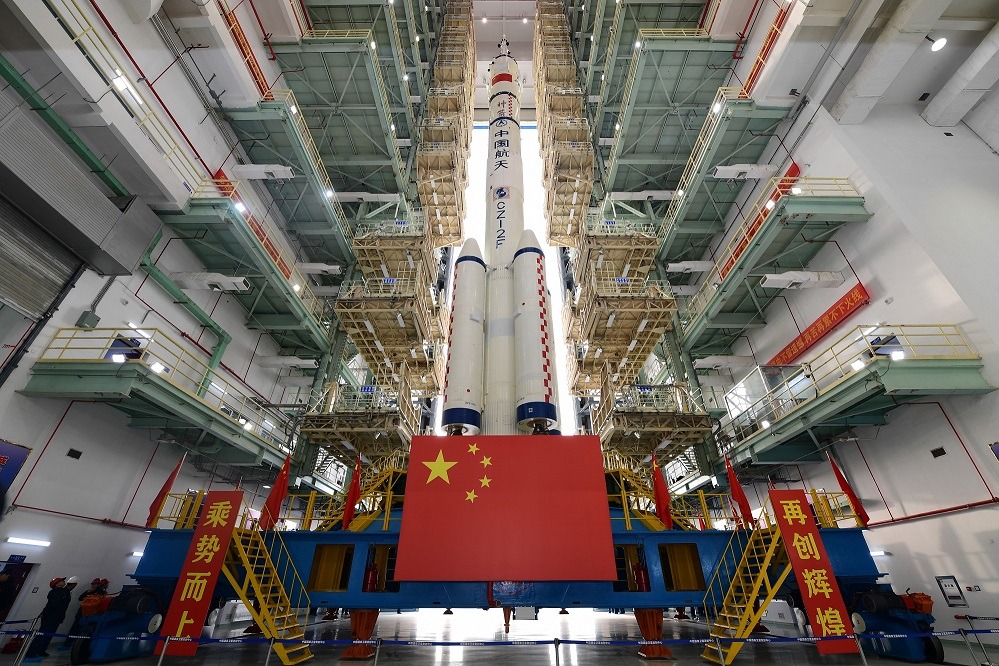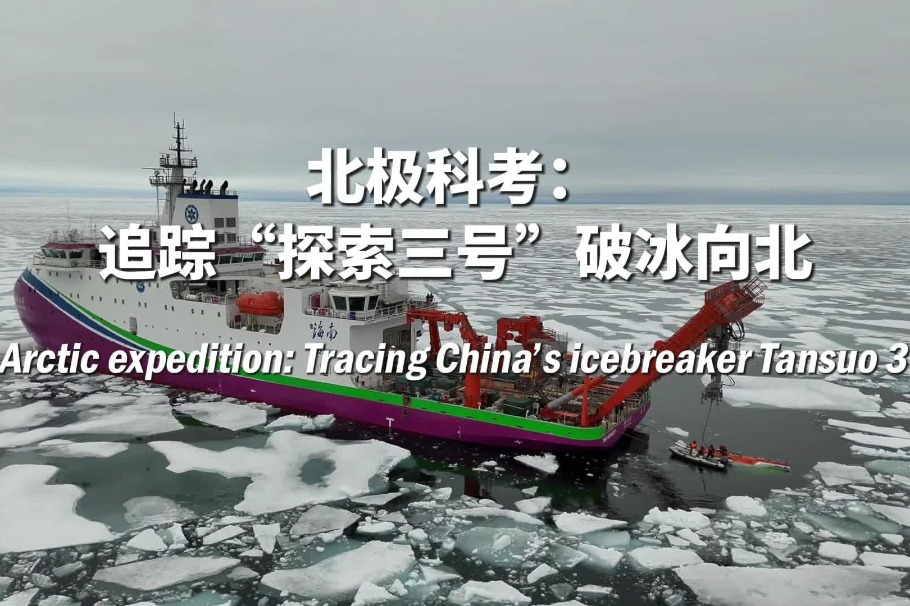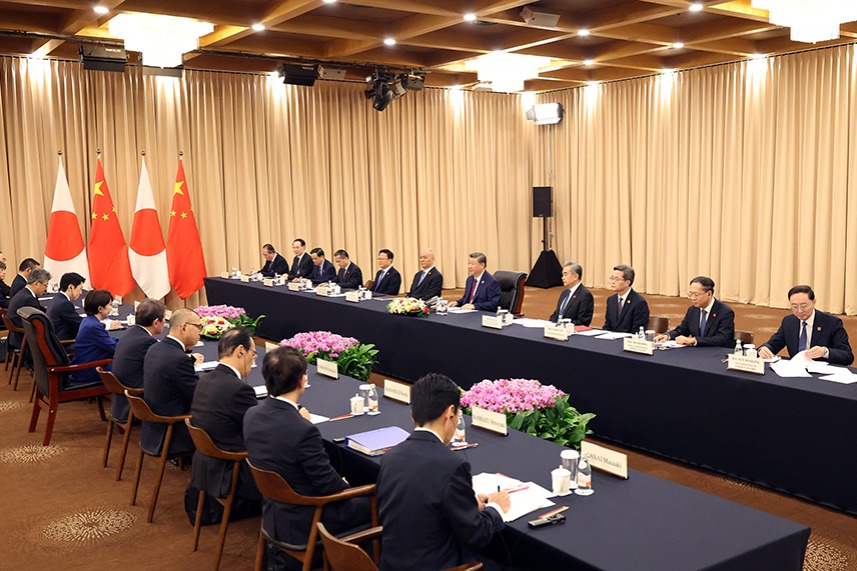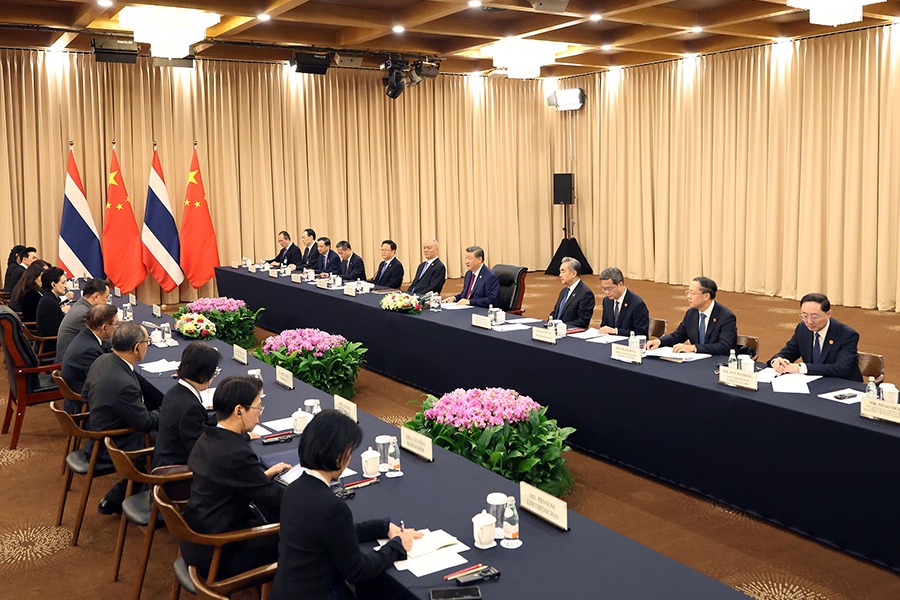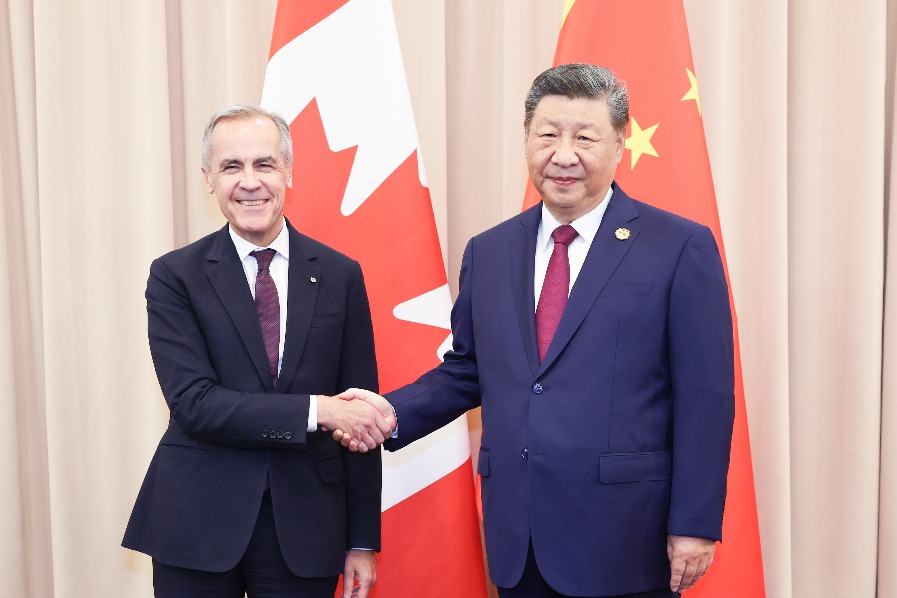Economic restructuring plays big role in Macao's economic development


Editor's note: Matteo Giovannini is a finance professional at ICBC in Beijing and a member of the China Task Force at the Italian Ministry of Economic Development. The article reflects the author's opinions, and not necessarily those of CGTN.
On December 20, 1999, the Chinese government resumed the exercise of sovereignty over Macao, the last example of European colonialism in the Asia-Pacific region after 442 years of Portuguese rule. Macao followed Hong Kong, which returned to the motherland on July 1, 1997, after 156 years of British rule.
Macao has experienced fast development since its return to the motherland 20 years ago and this is well represented by the performance of various macroeconomic indicators.
The special administrative region (SAR) has long been a popular entertainment destination for gambling tourists. Gambling in Macao has been legal since the 1850s when the ruling Portuguese government introduced the business. Since then, Macao has benefited from a successful gambling industry, becoming known worldwide as a gambling capital of the world and a preferred destination ahead of Las Vegas and Atlantic City.
The gambling and entertainment industries have flourished for decades but over recent years the booming casino business in the region has started to show signs of a slowing down.
Macao's gaming revenues have started to stagnate in 2019 ending over two years of continuous growth. According to a newly released report by the Economist Intelligence Unit (EIU), Macao's gambling industry is expected to minimally contribute to the overall economic growth in the biennium 2019-2020.
The declining revenue in the gambling industry can find its catalyst in that fact that Macao's rise to the top of the global gaming industry has been fueled by visitors from the Chinese mainland.
A slowing Chinese economy represents trouble for Macao both now and in the future. This is due to the correlation of Macao's gross gaming revenue (GGR) to China's gross domestic product (GDP) growth. China's slowing GDP growth can affect consumers' spending on gaming and entertainment, given that these are cyclical industries that normally flourish during growth periods.
Another factor for the slowing growth of Macao's gaming industry is the crackdown on corruption. The Macao gambling industry turned into such a lucrative business that criminal gangs and organizations used it as a way to provide funding for illegal purposes. This was deemed unacceptable by the Chinese government, which subsequently intervened with restrictions on the amount of money Chinese nationals are allowed to take out of China. This was limited to a maximum of 3,000 U.S. dollars each time or 50,000 dollars in one year.
The low level of diversification of Macao's government revenue, of which gambling comprises more than 80 percent, does not allow any margin of flexibility to compensate a declining industry. It is important that Macao strategically re-thinks the structure of its economy bearing in mind the example of oil rich countries in the Middle East that have started to invest in their future by trying to diversity their economies into different industries in order to guarantee a sustainable and prosperous future to its people.
Chinese President Xi Jinping is anticipated to inspect the Macao Special Administrative Region and to attend the celebrations marking the 20th anniversary of Macao's return to the motherland. On this occasion new policies will be announced to reward Macao as an example of integration to the motherland under the "One Country, Two Systems."
Chinese government's plan is for a diversified Macao economy with a strong focus particularly on tourism and finance. The favorable location and climate could make Macao a center to host international meetings like Singapore, while the establishment of a yuan-denominated stock exchange and a renminbi settlement center could turn Macao into a financial center targeted towards start-ups and companies from Portuguese-speaking countries, avoiding in this way a direct competition with Hong Kong or Shenzhen. Chinese state-owned banks and enterprises have been instructed to allocate resources to set up financial infrastructure in Macao and it is also expected to be announced that Macao will join the Asian Infrastructure Investment Bank (AIIB).
All these policies certainly go in the right direction towards making Macao an important part of the Greater Bay Area project, a plan to integrate Hong Kong, Macao and nine southern mainland cities into one huge megacity in order to become a world leading hub for innovation and economic growth.
It is in the interests of Macao to become a more diversified and developed economy and this can only be accomplished with a stronger integration to the motherland.

















